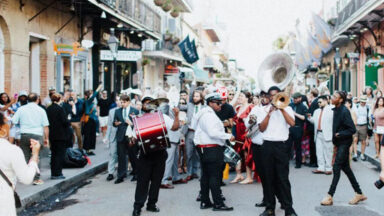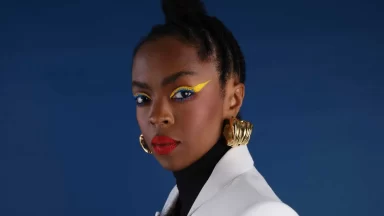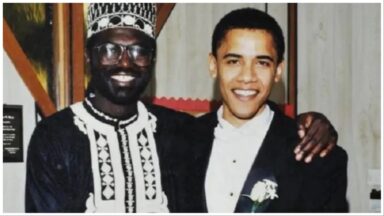When I saw photos of Queen Elizabeth II wearing a headscarf and a bewildered, vaguely hostile expression in the wake of the bombshell departure of the Duchess and Duke of Sussex, my first thought was: They didn’t know who they were messing with.
Most coverage of Meghan Markle’s and Prince Harry’s decision to step back from their royal duties—including their latest decision to not use their “royal highness” titles and repay public funds—has framed the move as evidence of Prince Harry’s effort to protect his family from the same tragic fate that his mother fatally suffered at the hands of pariah paparazzi. But the couple’s maneuvers also bear the distinct imprint of the historical legacies of African-American women’s resistance.
Getting the Last Laugh, Mo’Nique Finally Has Another Stand Up Comedy Special
Meghan Markle did not silently abide the increasingly outrageous, unceasing torrents of racism unleashed upon her and her new family (likening baby Archie to a monkey, for example). She did what African-American women have been doing for centuries: She fought back. And she stunned the royal family and the British press in the process. By talking about the difficulties she experienced in a recent interview, she used her voice to address unmitigated bias. This is in line with black women like Addie Waites Hunton, who, in 1904, used her words in The Voice of the Negro to denounce white stereotypes of black womanhood. According to Addie, “Everywhere her moral defects are being portrayed by her enemies; sometimes veiled in hypocritical pity, and again, in language bitter and unrelenting.”



Recent Comments